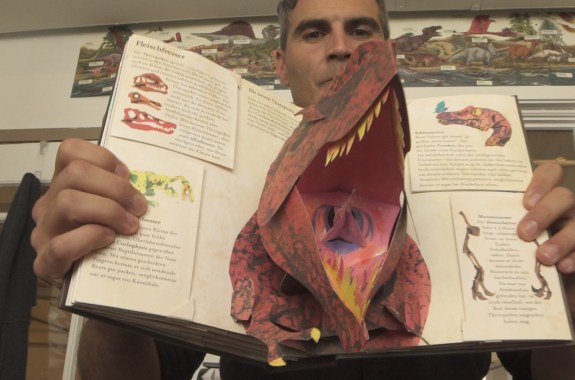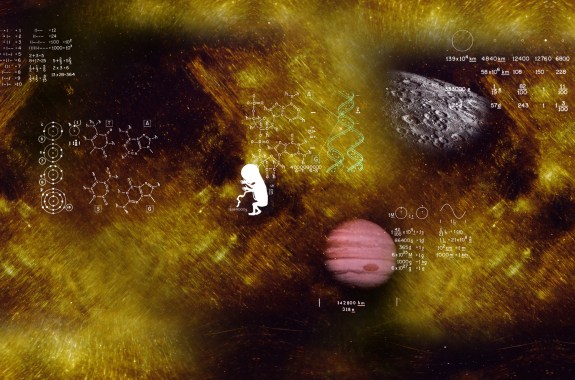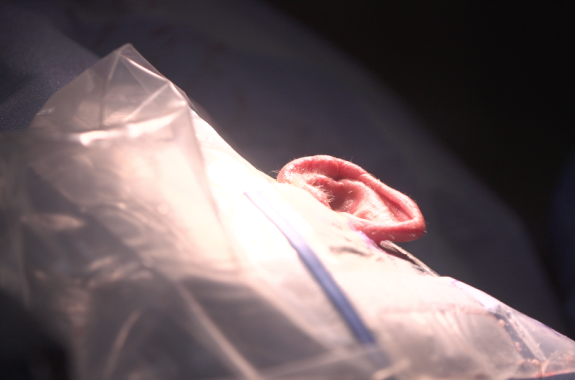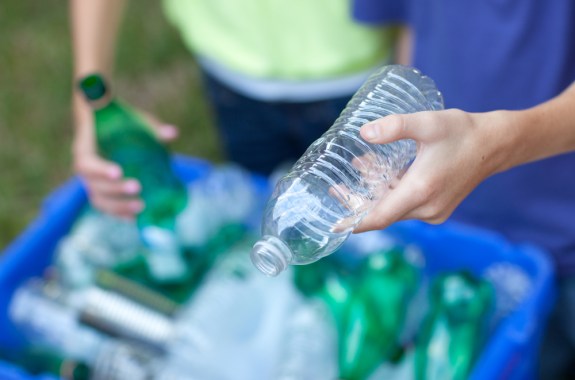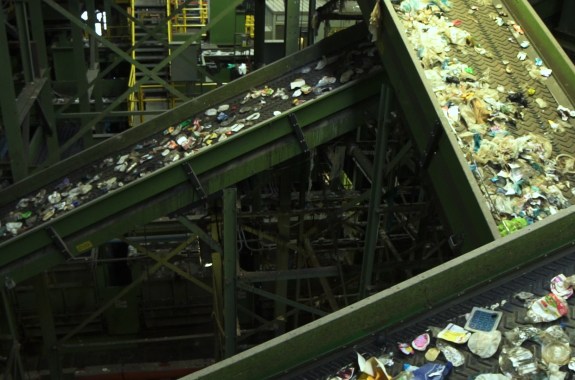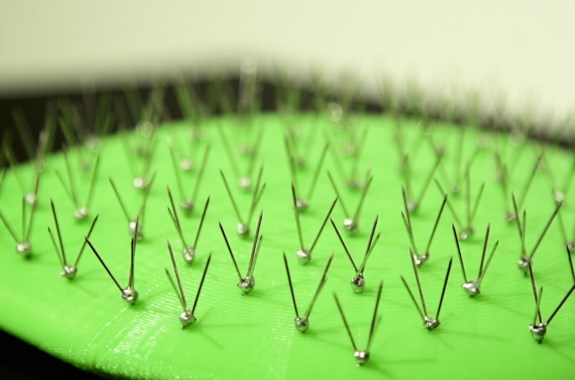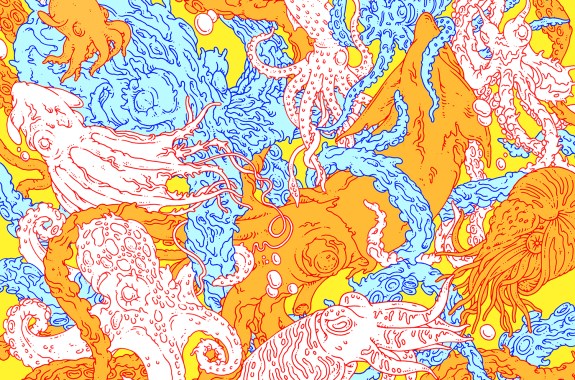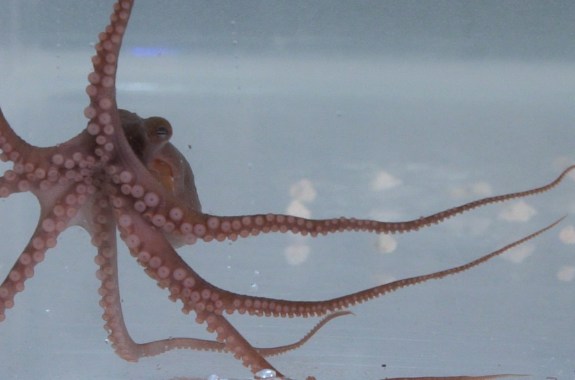As Science Friday’s video producer, Luke is tasked with writing, filming, directing, editing, animating, narrating, and promoting many of the short films you’ll find on this here website. Every other week, he becomes obsessed with the research he films until his video is complete or his colleagues show him a shiny new study to play with. Luke also wrangles a stable of equally enthusiastic freelance filmmakers, helping them to produce and promote their own stories.
Prior to being domesticated by Science Friday, Luke worked at the Wildlife Conservation Society, where he profiled a wide cast of characters, both two- and four-legged. The experience provided hands-on training in storytelling, as well as some invaluable lessons in wildlife filmmaking, such as “Lemurs enjoy scent marking. Everything.” And, “Never let a baby walrus sit on you.”
Despite his snobby film school education at SUNY Purchase and his devotion to Werner Herzog, his favorite film remains The Bear. He doesn’t care that it is a “kiddie film” that anthropomorphizes animals—he cries every time and isn’t ashamed of it.
Engineering the Perfect Pop
Using scissors, tape, and reams of creativity, Matthew Reinhart engineers paper to bend, fold, and transform into fantastic creatures and locales.
The Golden Record Decoded
Voyager 1 and 2 will drift for billions of years in the emptiness carrying a Golden Records, inscribed with our message to any intelligent spacefaring civilization that discovers it.
Breakthrough: A Re-Sounding Remedy
Under the care of hearing researcher Rene Gifford, Allyson Sisler-Dinwiddie became one of the first test subjects of a new technique to improve cochlear implants, devices that use electrodes to stimulate cells in the inner ear.
00:17:03
The Spicy Science of Chili Peppers
What gives the hot habanero and mild jalapeño their “heat profile”?
The Agony And Ecstasy Of Capsaicin
Marco Tizzano explains how capsaicin creates a chemical cascade inside your body and why emotions might make chili lovers think they can handle the heat.
17:35
Sorting Out Your Recycling Questions
Darby Hoover from the Natural Resources Defense Council answers your blue and green bin questions.
The Big Sort: An Insider’s Tour Of A Recycling Plant
Every day at the Sims Municipal Recycling facility in Sunset Park, Brooklyn, roughly 800 tons of recyclables meander through a tangle of machines, scanners, and conveyor belts.
A Peek at the Possibilities of Biodesign
An air purifier filled with spider webs, a toilet insert that filters estrogen, a cactus-like water harvester—these were just a few of the ambitious and creative ideas presented at the first Biodesign Challenge, which took place on June 23, 2016.
16:59
Eight (or More) Reasons to be Amazed by the Octopus
Octopus researchers help kick off our annual Cephalopod Week celebrations with a look at the octopus, from its genes to its outlook on life.
I, Octopus
With thousands of chemically-sensitive suckers, color-changing skin, and a brain that literally stretches when they eat, octopuses seem like aliens living in our oceans.
